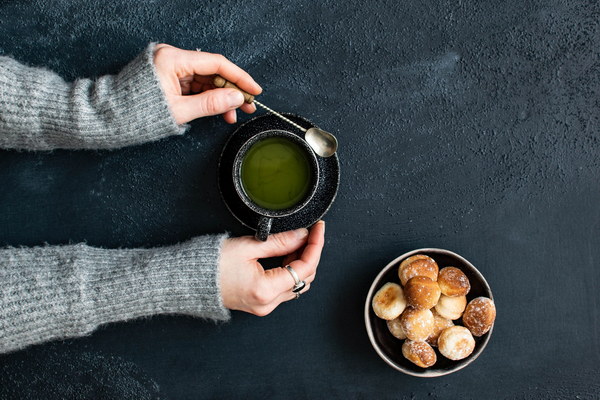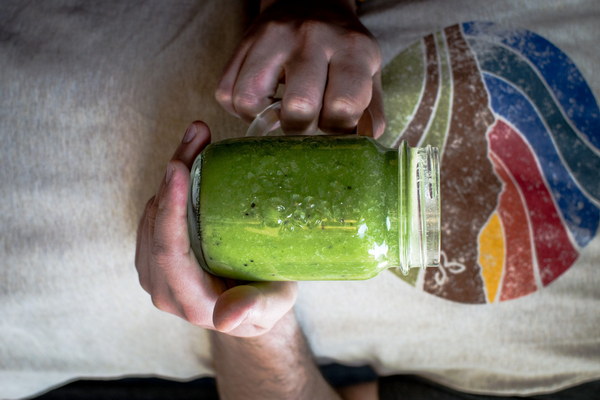Nurturing Your Health A Guide to Self-Care for Girls When Dealing with a Cold
Introduction:
When a cold strikes, it can be quite challenging to maintain a healthy lifestyle. However, for girls who are already conscious about their well-being, it's even more crucial to pay attention to their health during this time. This article provides a comprehensive guide on how to take care of yourself when you're down with a cold, focusing on self-care practices that can help you recover quickly and efficiently.
1. Stay Hydrated:
One of the most essential aspects of self-care when you have a cold is to stay hydrated. Drinking plenty of fluids helps to thin the mucus, making it easier to expel. Aim to drink at least eight glasses of water a day, and consider adding warm teas, broths, and herbal teas to your hydration routine. These warm beverages can soothe your sore throat and provide additional comfort.

2. Rest and Sleep:
Your body needs rest and sleep to fight off the cold virus. Ensure that you get enough shut-eye, as sleep deprivation can weaken your immune system and prolong your recovery time. Try to establish a regular sleep schedule, and create a comfortable sleep environment by keeping your bedroom cool, dark, and quiet.
3. Eat Nutritious Foods:
A balanced diet can boost your immune system and aid in your recovery. Focus on incorporating a variety of fruits, vegetables, lean proteins, whole grains, and healthy fats into your meals. Foods rich in vitamin C, such as oranges, strawberries, and kiwi, can help reduce the duration of your cold. Additionally, consider adding garlic, ginger, and onions to your diet, as these foods have natural antibacterial properties.
4. Practice Good Hygiene:
To prevent the spread of germs and avoid infecting others, practice good hygiene. Wash your hands frequently with soap and water, especially after coughing, sneezing, or blowing your nose. Use tissues to cover your mouth and nose when you cough or sneeze, and dispose of them immediately. Also, avoid touching your face as much as possible, especially your eyes, nose, and mouth.
5. Manage Symptoms:
Over-the-counter medications can help alleviate the symptoms of a cold, allowing you to rest and recover more comfortably. Consider taking decongestants, antihistamines, and pain relievers as recommended by your healthcare provider. However, always read the labels and follow the dosage instructions to avoid any potential side effects.
6. Use Natural Remedies:
In addition to conventional medications, natural remedies can also help ease your cold symptoms. Gargling with salt water can soothe a sore throat, while steam inhalation can help clear nasal passages. Honey and lemon in warm water can act as a natural cough suppressant. Consult with a healthcare professional before trying any new remedies to ensure they are safe and appropriate for you.
7. Stay Active:
While it's essential to rest when you have a cold, staying active can help boost your immune system and improve your overall well-being. Engage in light activities such as walking, yoga, or stretching, but avoid rigorous exercise that could strain your body and slow down your recovery.
Conclusion:
Caring for yourself when you're dealing with a cold is crucial to ensure a quick and efficient recovery. By following these self-care practices, you can help boost your immune system, manage symptoms, and return to your daily routine as soon as possible. Remember to prioritize your health, seek medical advice when needed, and don't hesitate to reach out to friends and family for support during this time.









